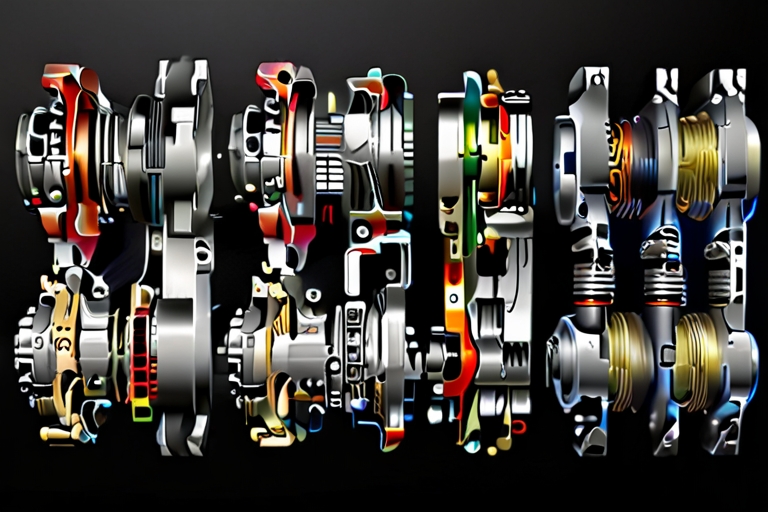With the advent of electrification and sustainability in automotive engineering, the revolution in engine design from internal combustion engines to electric engines is imminent and will change the face of engines forever. Automotive propulsion switch from age-old internal combustion engines to battery-driven powertrains and novel types of propulsion systems opens infinite opportunities of low gas consumption, spectacular performance and perfect ecofriendly operation.
EVs (electric vehicles) are taking the automotive industry by storm, due to the fact that they produce no emissions and overall greater energy-efficiency. With better and better battery technology, EV ranges and charging times are getting much better, which makes electric cars not just ecologically-friendly vehicles only for the few but for quite a lot too. In the same manner, development of electric motor features and better generation of power electronics is surely the road to even better performance and acceleration in EV models to come.
The hydrogen fuel cell serves as yet another advantageous path aligning the future of car engines with this technology. However, hydrogen fuel cells operate differently from conventional combustion engines because they produce electricity by a chemical reaction between hydrogen and oxygen, leaving behind only water vapor as their decomposition product. Hydrogen fuel cell cars produce zero emissions and have only a short waiting time to refuel that compared to the ones that use a battery is relatively quick. This potential revolution of hydrogen fuel cell vehicles make them great options for long range driving without the need to have extensive battery charging infrastructure.
Moreover, the materials science and engineering progress is the reason for the how efficient that we are now at designing the internal combustion engines by making them cleaner, more powerful, and more efficient. In regard to lightweight materials that help save on fuel and virtually a variable compression ratio that help maximize performance with different driving scenarios, it is clear that the future internal combustion engines will produce an exceptional performance while reducing medical waste
While the automotive industry changes constantly, the way in which our cars are driven will also keep up with technology. Be it through electrification, hydrogen fuel cells or advances in internal combustion powertrain, the engine of the car is a guaranteed support for sustainable, efficient and thrilling mobility from the future Innovation clearly acts as a force for evolution in which the future is boundless regarding the potentials of automotive propulsion.

